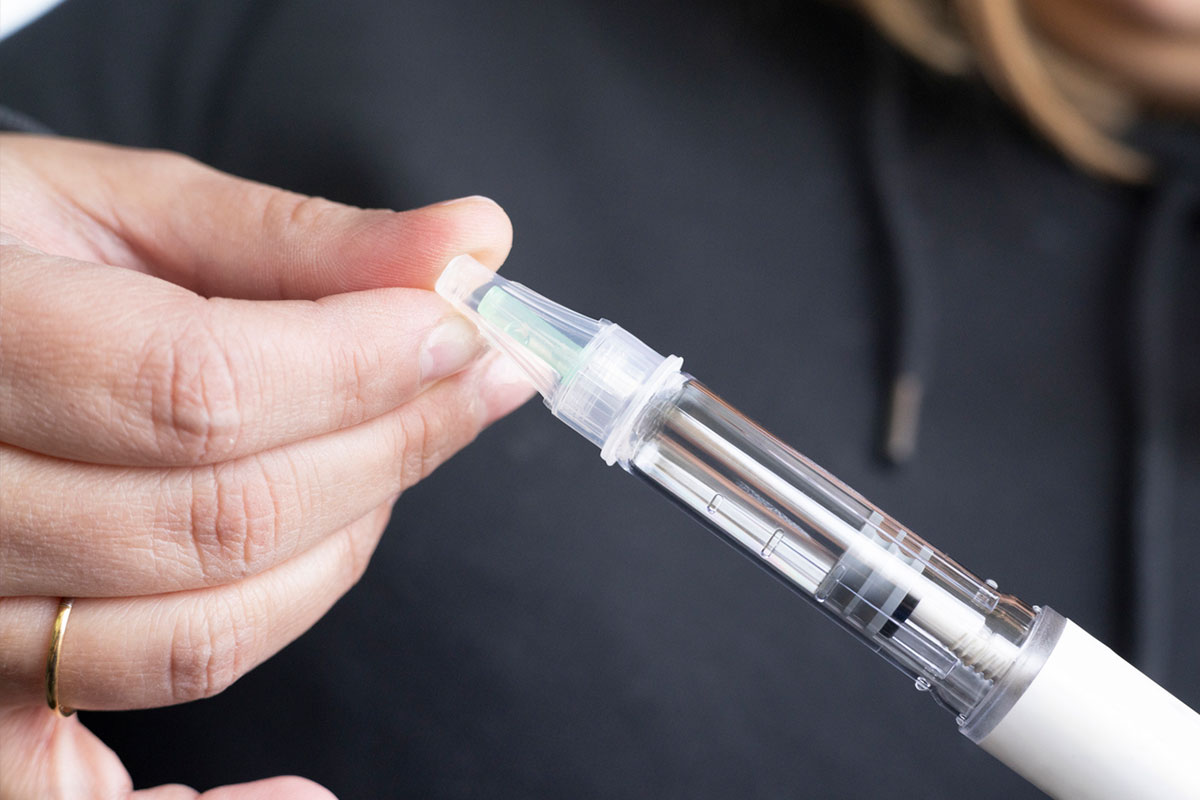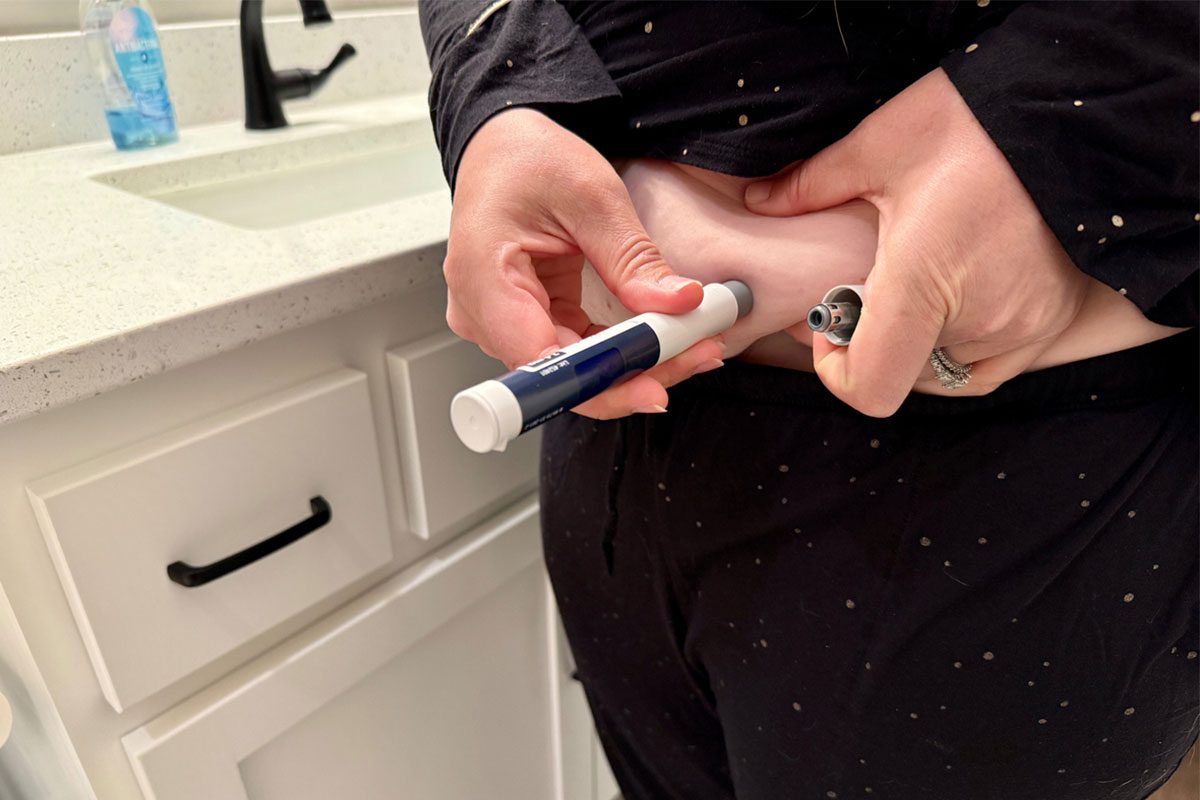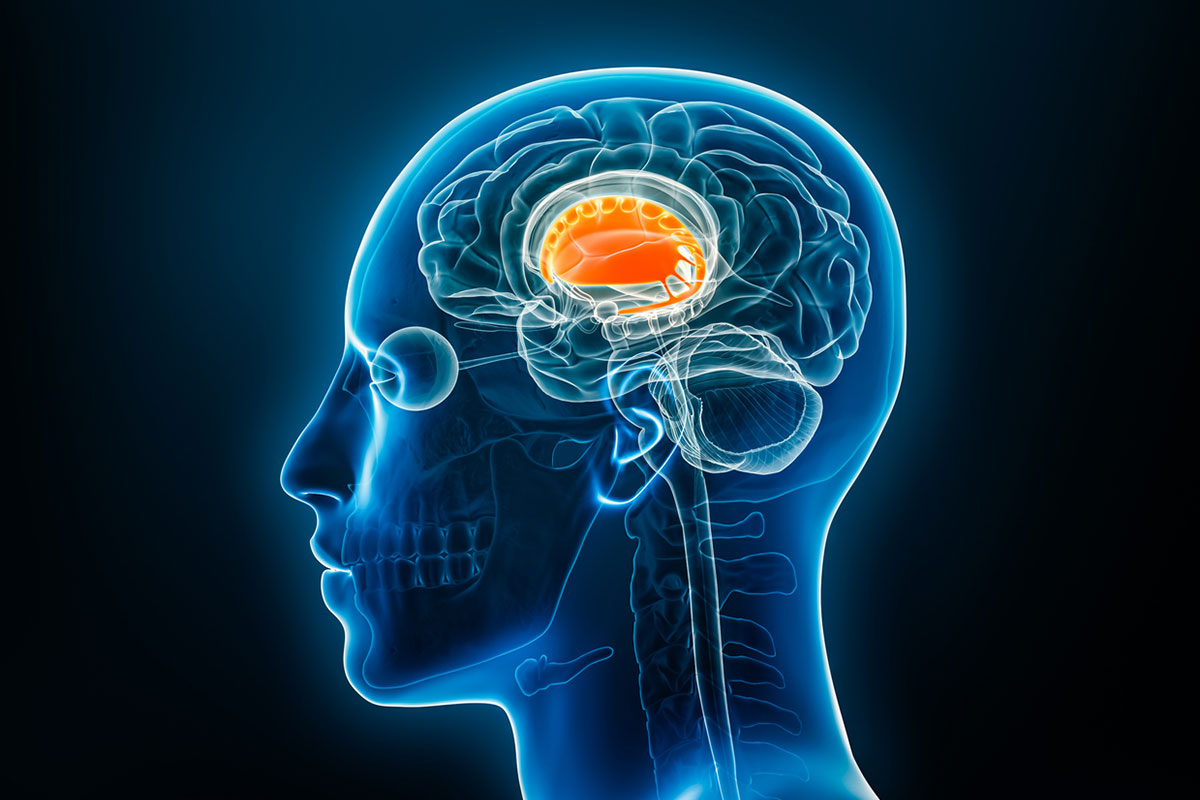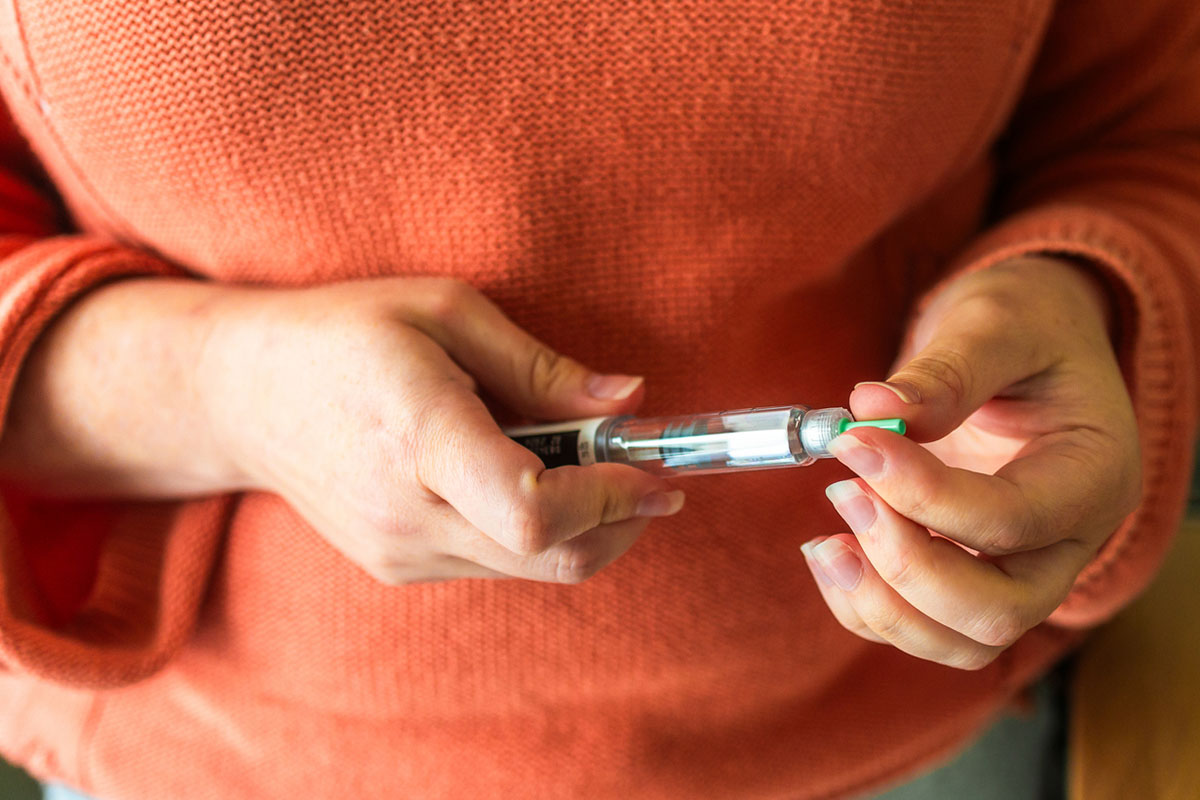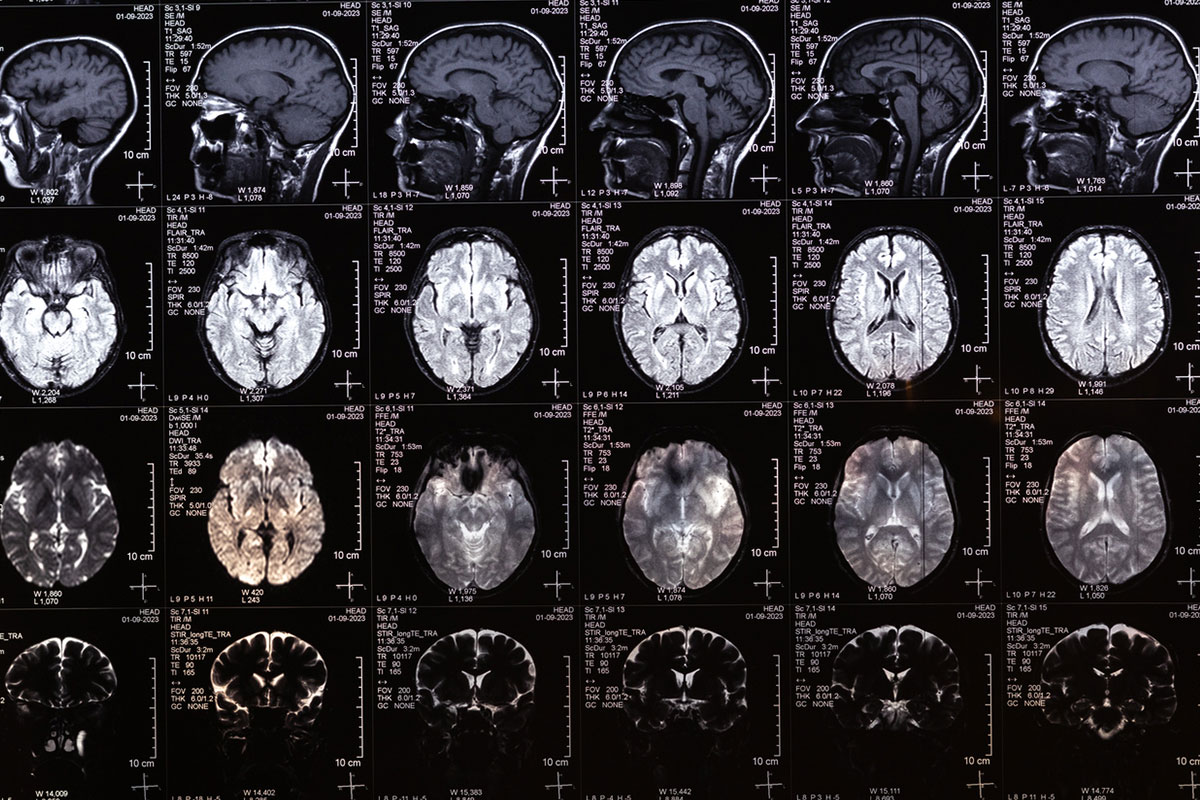Advancing primary care with essential peer-reviewed research and insights into CNS disorders
Just Published
Vol 27 • 2025 • Number 6
Read the Current Issue
Original Research
Impact of Patient Suicide on Mental Health Professionals
Review Article
Gender-Affirming Surgery, Gender Dysphoria, and QOL
Rounds in the General Hospital
Psychological Sequelae of Drone Attacks
Rounds in the General Hospital
Sequelae of Toxic Exposures in Veterans
Rounds in the General Hospital
Talking to Pregnant Patients About Substance Use
Case Report
Tetrabenazine-Induced Suicidality
Explore Special Sections
View all topicsOriginal Research
Review Articles
Narrative Review
Incretin Therapies: A New Tool to Combat Metabolic Consequences of Antipsychotic Use
September 4, 2025
Incretin therapies have emerged as a promising treatment option with potential benefits for mitigating cardiometabolic side effects associated with antipsychotics; however, clinical trials have often excluded psychiatric populations.
Rounds in the General Hospital
Rounds in the General Hospital
Diagnosis and Management of Rage
December 23, 2025
This article offers a practical framework for distinguishing rage from irritability and impulsivity, identifying underlying neuropsychiatric drivers, and guiding evidence-based management across conditions including PTSD, TBI, and mood disorders.
Case Reports
Case Report
When the Labs Don’t Add Up: Factitious Disorder and Successful Treatment
January 27, 2026
This case of a 37-year-old woman, who presented to the ED with recurrent syncope and acute kidney injury, demonstrates successful long-term treatment of factitious disorder, highlighting the complexities of…














